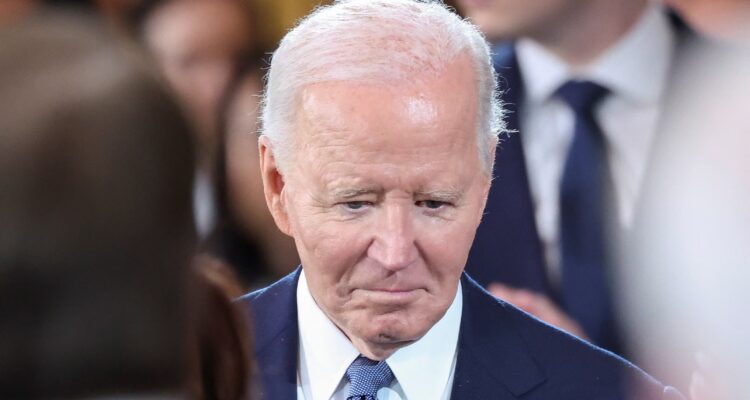President Joe Biden issued a wave of preemptive pardons on Monday, shielding prominent critics of President-elect Donald Trump and members of his own family. This bold move aimed to guard against revenge from his successor while ensuring his relatives won’t face future prosecutions.
Clemency was granted to Gen. Mark Milley, Dr. Anthony Fauci, and members of Congress from the January 6 committee. Minutes before Trump’s inauguration, Biden extended pardons to his brothers James and Frank, his sister Valerie, and their spouses.
These last-minute pardons showcased Biden’s unparalleled use of presidential power. They safeguarded outspoken Trump critics like Liz Cheney, who has been a target of Trump’s retribution promises. Biden also protected his family, perhaps setting a new precedent for incoming presidents.
“My family has been subjected to unrelenting attacks and threats, motivated solely by a desire to hurt me—the worst kind of partisan politics,” Biden said in a statement. “Unfortunately, I have no reason to believe these attacks will end.”
The decision was driven, in part, by Trump’s public pledge to appoint a special prosecutor to investigate Biden and his family, a source familiar with the matter revealed. Several Biden family members had already faced scrutiny before a House Oversight panel on influence-peddling allegations.
The dramatic announcement came as Biden prepared to attend Trump’s inauguration. Moments earlier, the two presidents had joined their spouses for a tea reception in the White House Blue Room.
“Even when individuals have done nothing wrong and will ultimately be exonerated, the mere fact of being investigated or prosecuted can irreparably damage their reputations and finances,” Biden said, defending his actions.
Biden emphasized the need for the pardons, stating he “in good conscience” couldn’t stand by while politically motivated investigations wreak havoc. He described these circumstances as exceptional and his actions as necessary to protect those unfairly targeted.
The outgoing president also granted clemency to Leonard Peltier, an indigenous activist convicted in the 1975 killing of two FBI agents. The 80-year-old’s sentence was commuted to home confinement, allowing him to serve the remainder of his time with family.
